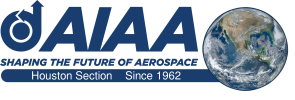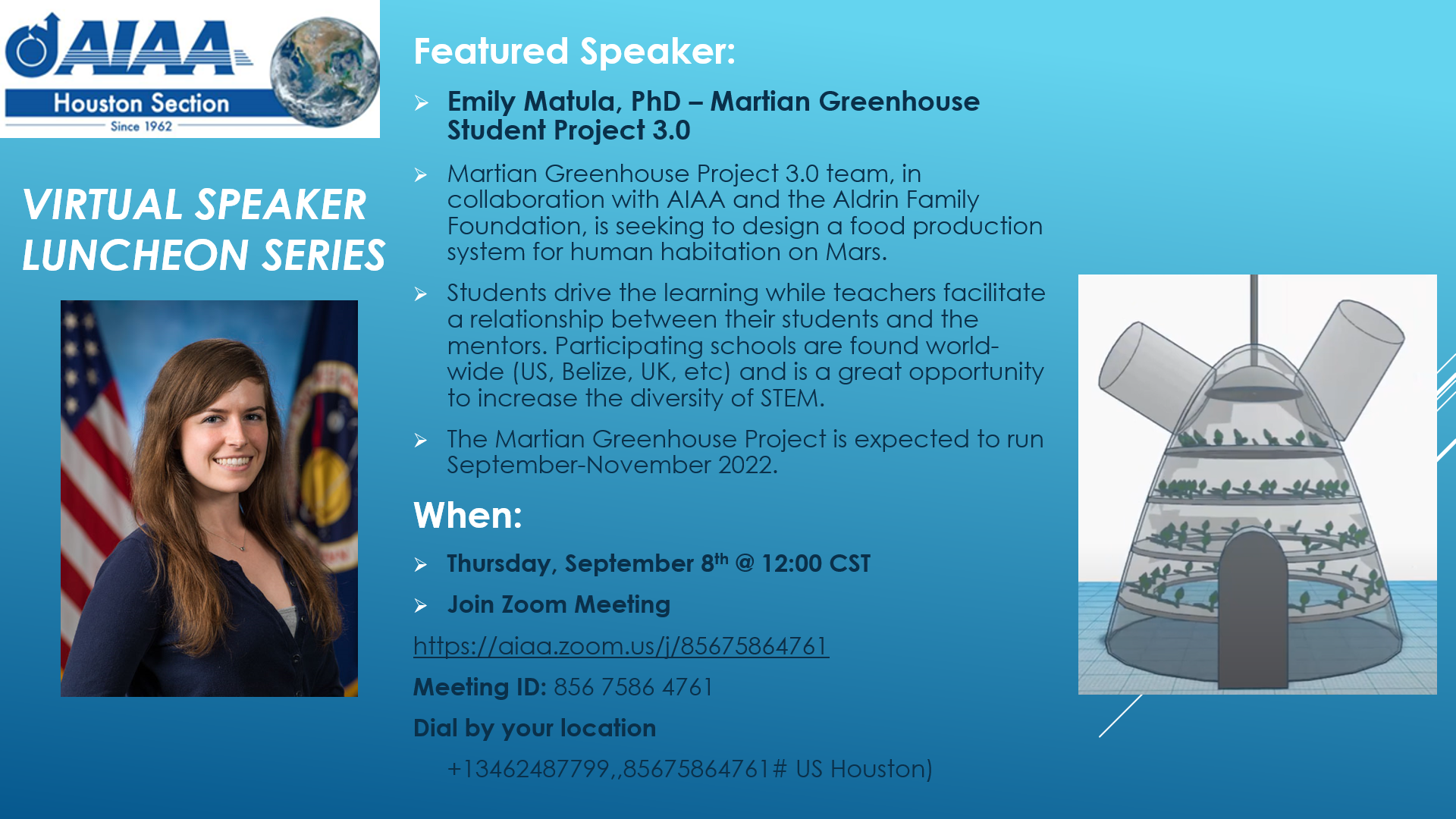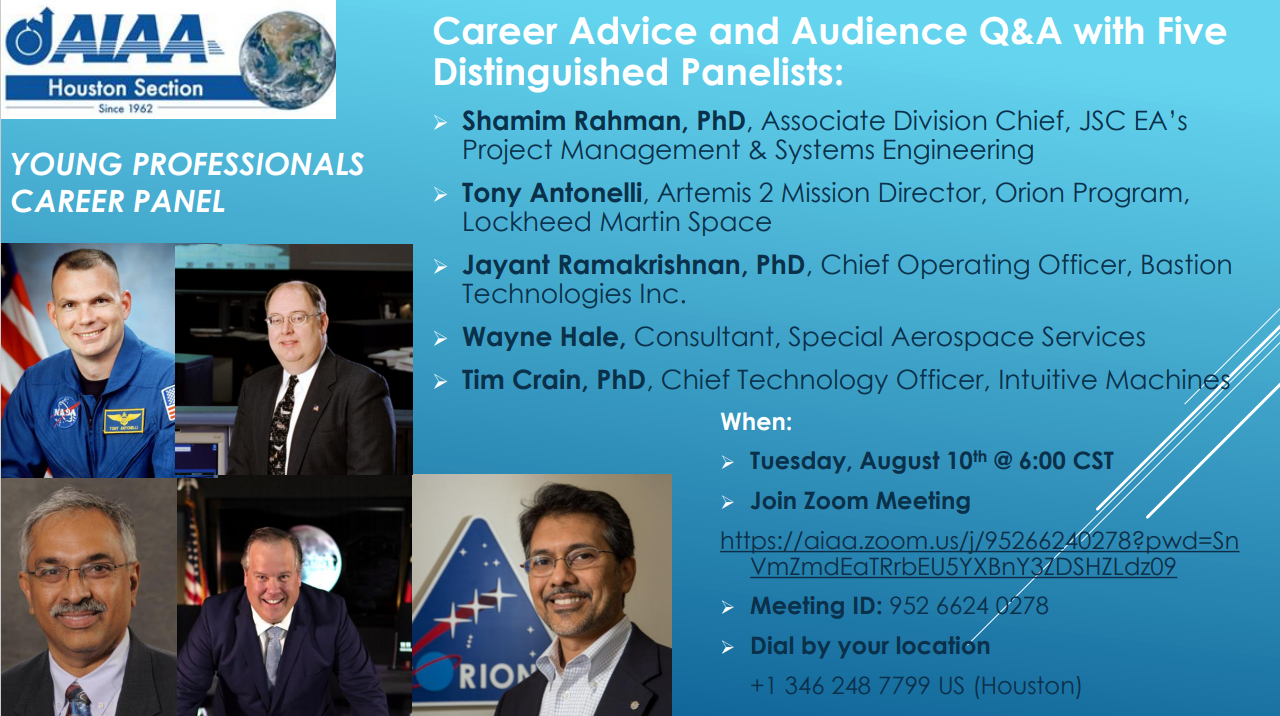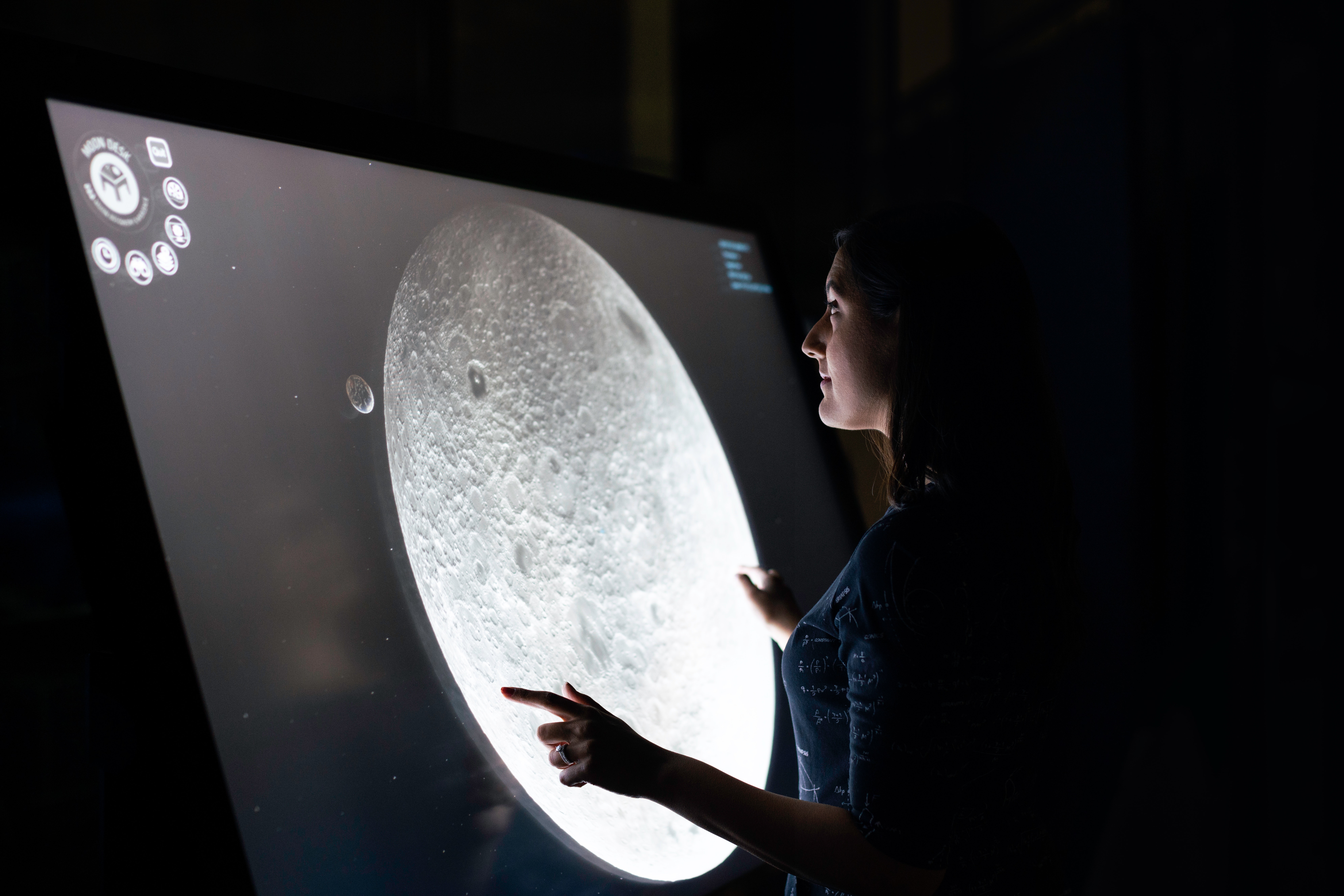Whether you’re a tech enthusiast, space lover, or curious about how crowdsourcing can drive innovation, this presentation is for you. Get ready to learn how NASA harnesses collective brainpower to push the boundaries of what’s possible.
Date: Saturday, 9/14/2024.
Time: 8:30 am central time






